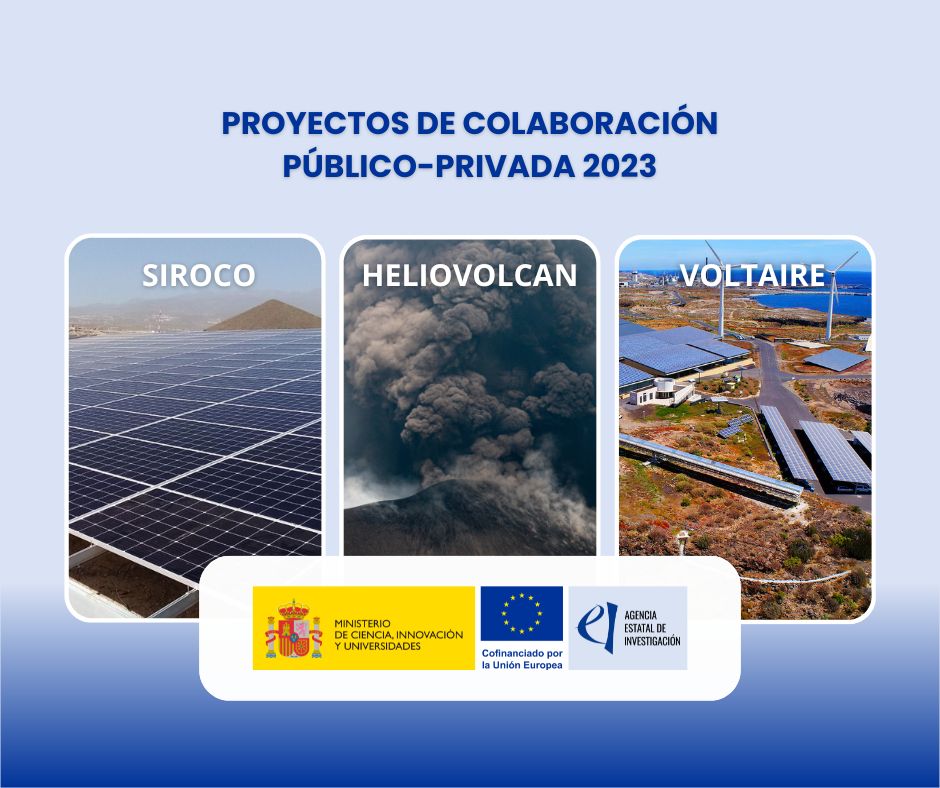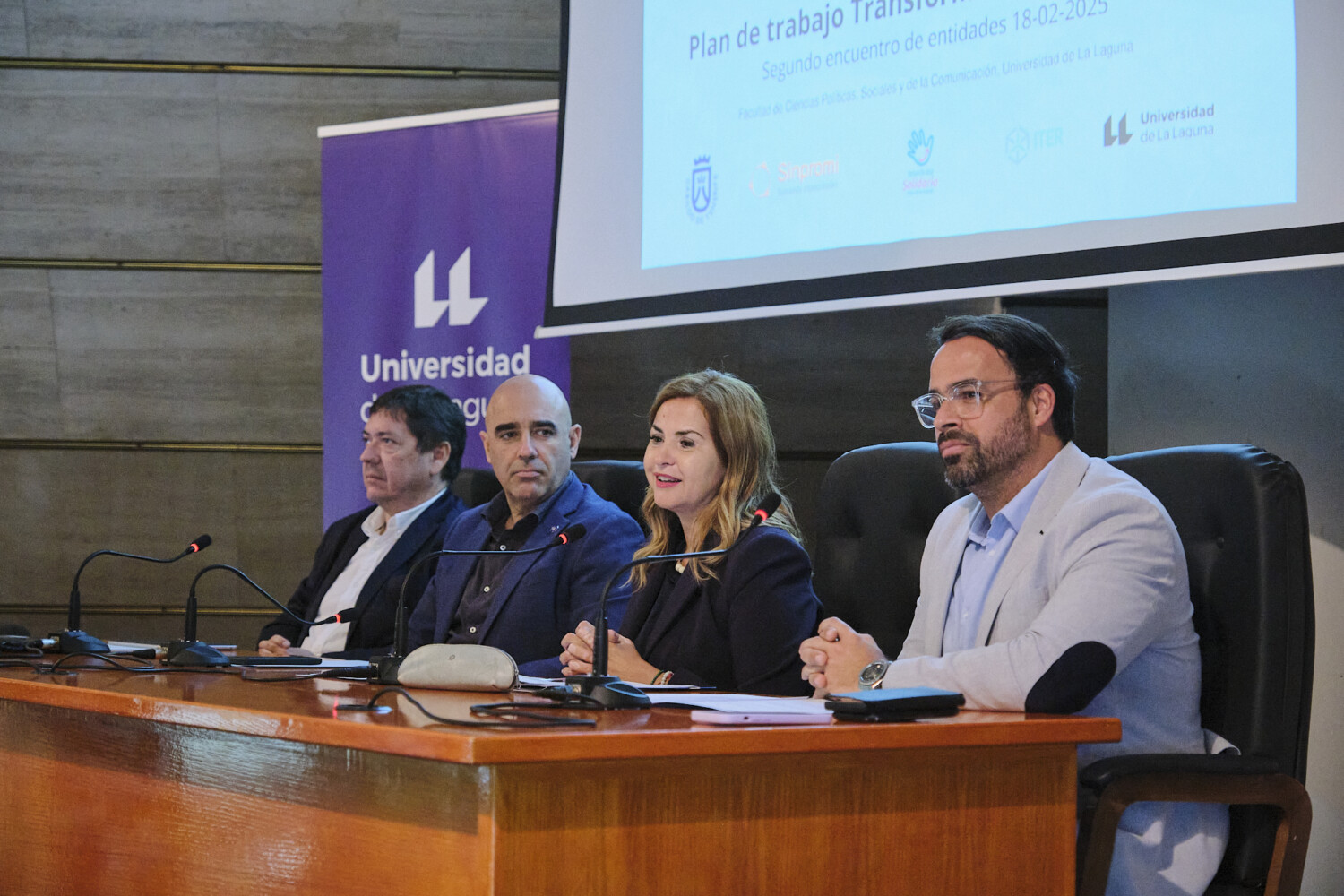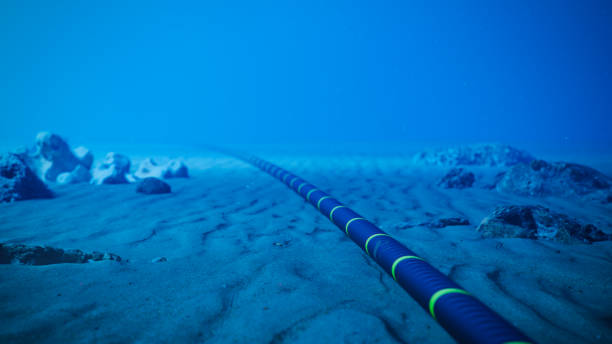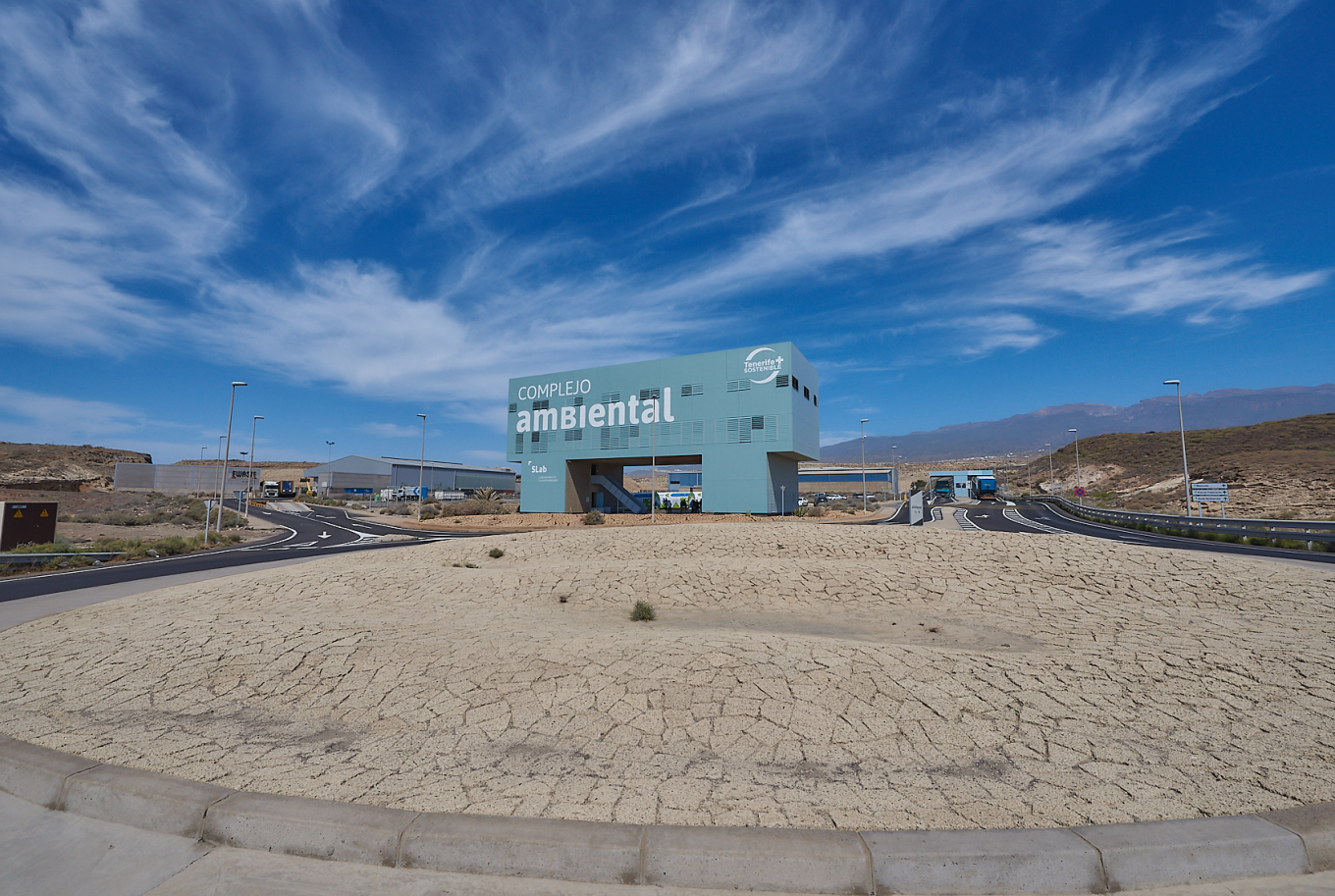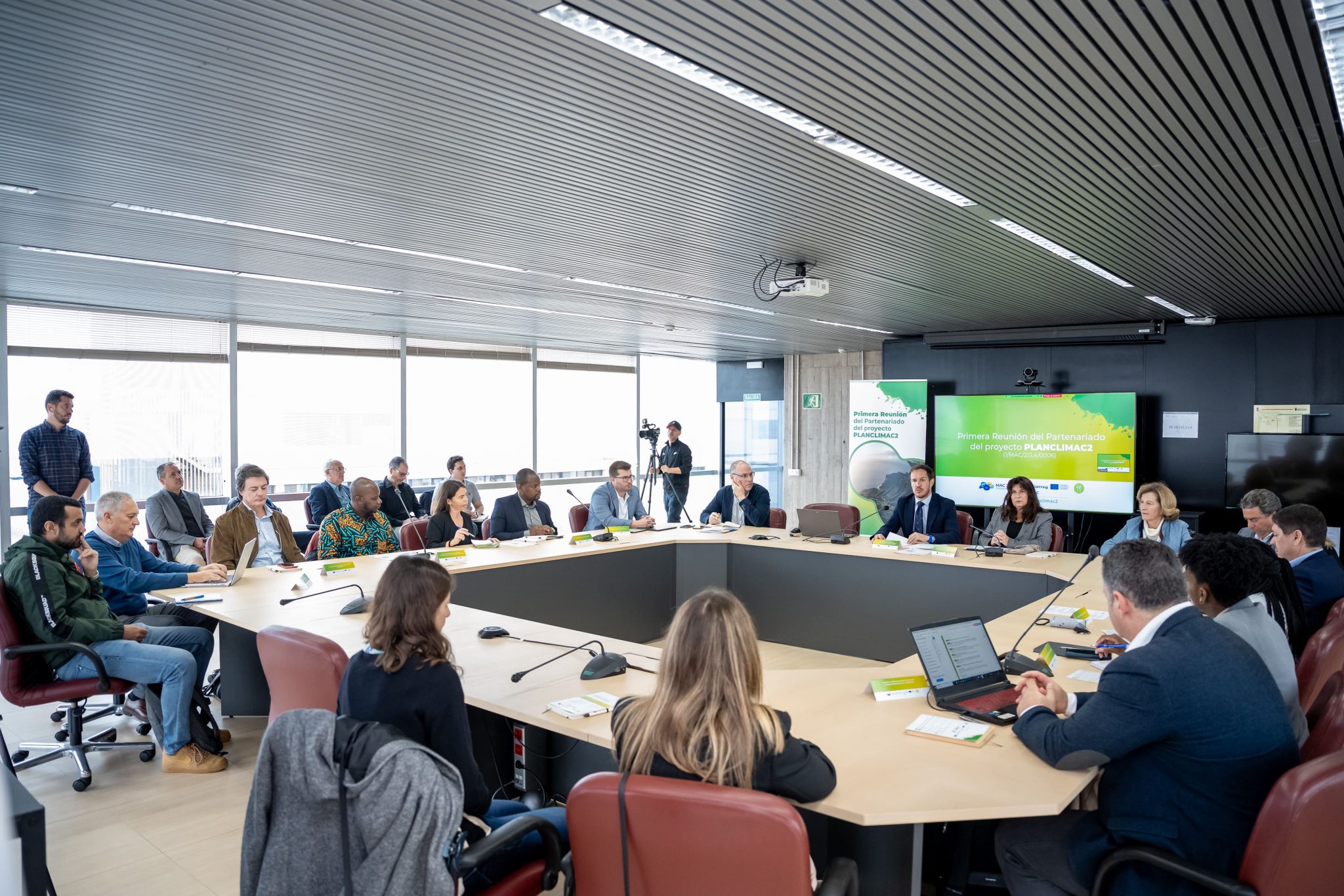This funding from the Ministry of Science and Innovation will allow the Cabildo’s entity to lead the Siroco, Voltaire and Heliovolcan projects.
The Instituto Tecnológico y de Energías Renovables (ITER), an entity dependent on the Cabildo Insular de Tenerife, has obtained more than 500,000 euros to develop three new renewable energy, digitalization and volcanic monitoring projects. The funding is part of the call for grants for public-private collaboration projects 2023 of the Ministry of Science and Innovation. The aid, in the form of a grant, amounts to 508,867.44 euros and will allow ITER to lead and collaborate in innovative initiatives with a significant impact in areas such as renewable energy (Siroco project), digitization (Voltaire project) and volcanic monitoring (Heliovolcan project).
For the development of these projects, led by ITER, the institute will work in collaboration with reference institutions such as the University of Las Palmas de Gran Canaria (ULPGC), the Complutense University of Madrid (UCM), the University of Alcalá (UAH) and the Technological Institute of Galicia Foundation.
Funded projects: technological innovation and sustainability
Among the funded projects is SIROCO, which aims to develop an advanced predictive system to detect environmental debris and corrosion in photovoltaic plants. With a total budget of 800,171.75 € and coordinated by ITER, this project will focus on the development of solutions based on drones equipped with advanced sensors, such as thermal and hyperspectral cameras, to identify contaminants such as dust or saltpeter in photovoltaic modules, as well as corrosion in metal support structures. These advances will help to optimize predictive maintenance, improving the energy efficiency of installations and reducing operating costs at solar plants.
Another of the projects that ITER will lead is VOLTAIRE, which has a budget of 582,045.20 € and aims to optimize the management of energy self-consumption facilities through the use of digital twins. This technology will allow modeling and simulating the behavior of hybrid distributed generation systems, incorporating predictive strategies to manage energy efficiently in island environments. This project not only seeks to improve the efficiency of the island electricity system, but also to facilitate the transition to a more sustainable and resilient energy model.
In addition, ITER leads the HELIOVOLCAN project, which aims to develop portable equipment to measure in situ the diffuse helium flux in active volcanic areas. This highly mobile and chemically inert gas is a crucial indicator in volcanic monitoring. The project seeks to overcome current technological limitations by creating devices that allow accurate, real-time measurements, which will significantly improve early prediction capabilities for volcanic eruptions. With a total budget of €1,038,082.70, this initiative stands out for its innovative approach and its relevance to volcanic risk management in vulnerable communities.
This funding is part of the aid granted by the State Research Agency within the framework of the State Plan for Scientific and Technical Research and Innovation 2021-2023, aimed at promoting the transfer of knowledge between research organizations and companies. The grants are intended to finance experimental development projects in cooperation between companies and research organizations, in order to promote the development of new technologies, the business application of new ideas and techniques, and contribute to the creation of new products and services.


